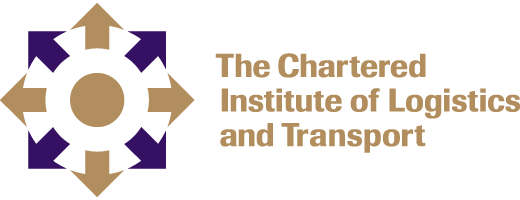For entry to the International Diploma candidates are expected to have prior knowledge of logistics and transport operations and an awareness of the integrated nature of supply chain activities. Ideally this is through their own work experience and /or knowledge gained from studying the International Introductory Certificate and Certificate level courses.
Successful completion of the CILT International Diploma together with a minimum of two years’ appropriate experience meets the eligibility criteria for membership upgrade from Student Member to Member (MILT) of the Chartered Institute of Logistics and Transport.
Candidates study a total of 4 units: 1 mandatory unit, 1 or 2 electives (from a choice of 3) and 1 or 2 optional units (from a choice of 13). Assessment is by examination
It is also possible for a single unit to be taken as a stand-alone course
Students studying our qualifications will automatically gain access to the International Knowledge Centre – giving access to an extensive range of best practice and learning material.
The course is designed to support professionals involved in planning logistics operations and who are already in supervisory or operational management roles. It’s also ideal for graduates with non-business degrees moving into the logistics field. It operates at Dip HE/HND level (Level 5 equivalent to 2 years of a degree).
As a guide, students should allow around 12-18 months to complete the programme although students can complete the qualification within a year depending on how the course is taught.
The guided learning hours are set at 360 hours which includes classroom and self-study hours. This is allocated as 90 hours for each of the 4 units.
This qualification is studied part time due to the nature of the course.
Costs are set locally by the training provider.
The units that make up the Certificate level course are as follows:
Mandatory
PD01 Management in Logistics and Transport
Elective
PD02 Supply Chain Management
PD03 Transport Operations
PD04 Transport Planning
Option
PD05 Inventory
PD06 Movement of Goods
PD07 Movement of People
PD08 Production
PD09 Retail Logistics
PD10 Sourcing and Procurement
PD11 Transport Planning Techniques
PD12 Transport and Society
PD13 Warehousing
PD14 International Business
PD15 Project Management
PD16 Supply Chain Flow Planning
PD17 Supply Chain Network Planning
